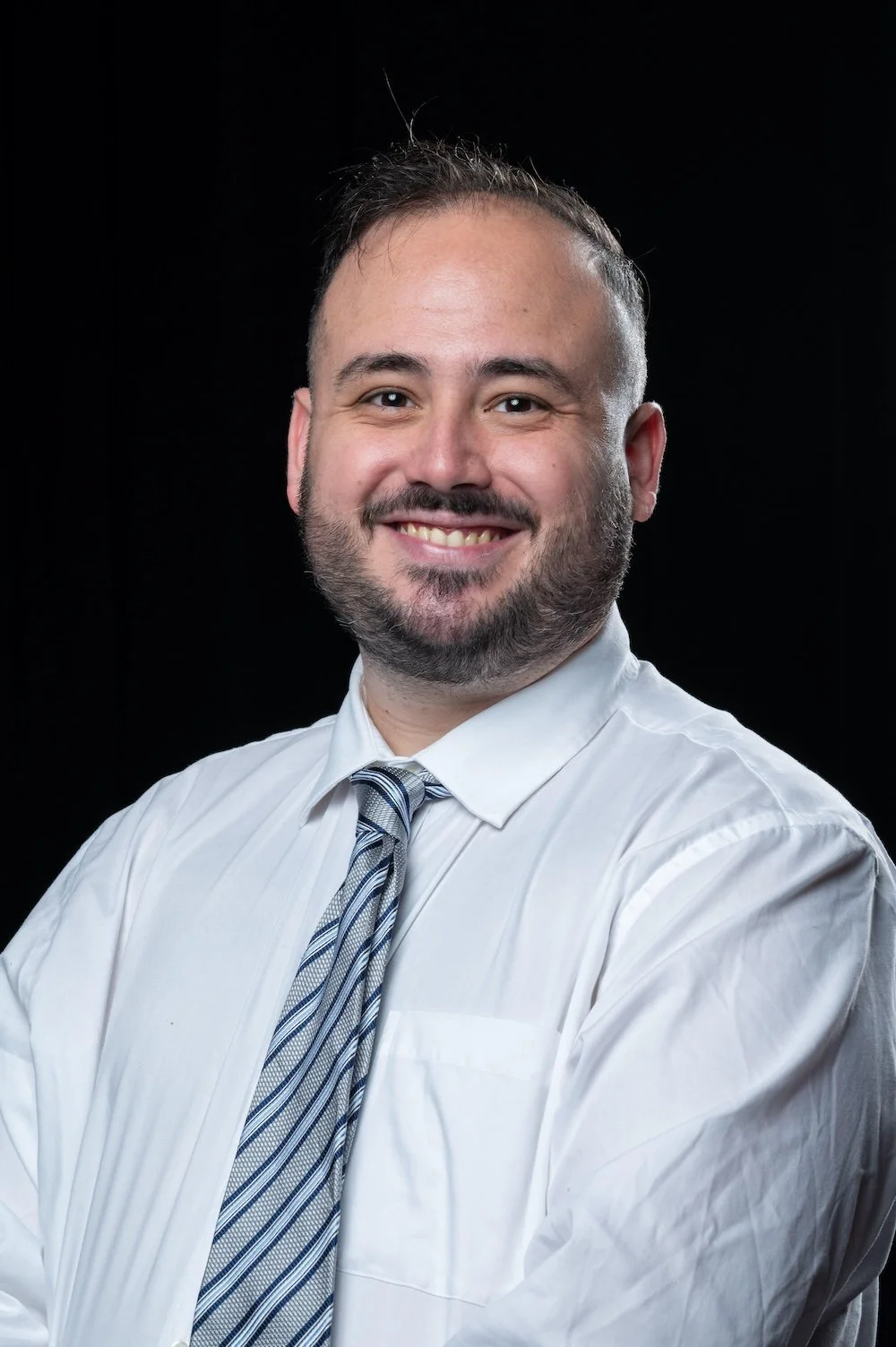Dr. Michael Foti
If you’re reading this, you are not alone.
It’s the Spring of 2020, and chaos is my new home. As an Intern during my Internal Medicine Residency, adrenaline alone kept me steady. The death and suffering I witnessed was on a scale I never thought imaginable. Add to this that my mother then passed away suddenly. I was all but broken. I developed severe anxiety and depression, and suffered in silence for months.
Eventually, though, I got the help I needed. That help saved my life. I know I am not alone in having gone through mental illness, and having experienced such thoughts as “why is this happening to me?” If this thought has crossed your mind, you are not alone. If you have struggled with anxiety and/or depression, you are not alone. If you need help, please, you are not alone. It is OK to not be OK. Mental illness is not at all a weakness, and in fact the strongest thing you can do is get the help you need.
The journey to become a physician is an arduous one, and one that cannot be done alone. No one expects you to. Medicine is a team sport from day one. To quote a famous TV musical, we are all in this together. Again, it is OK to not be OK. Experiencing mental illness for any reason is a part of being human, and do not let anyone make you feel otherwise. Speak up, and get the help you need. This is how, together, we erase the stigma surrounding mental illness. If you’re reading this, you are not alone. Ever.
Dr. Michael Foti
Clinical Assistant Professor of Internal Medicine
Q: How did you manage the stress of preclinical training, such as learning high volumes of detailed information and increased levels of competition?
A: I always made sure to take frequent breaks in-between studying. For every 1 hour of studying I made sure to take at least a 15 minute break where I would get up, walk around and go outside (weather permitting!). I also made sure to listen to my own instinct, and tried to “block out the noise”, so to speak, around me. I sought help from my upper-class mentors as well as my faculty advisors who I leaned on frequently. It is OK to seek help, medicine is a team sport!
Q: How did you manage the pressure of clinical training, such as frequently changing environments and balancing clinical performance with studying for shelf exams?
A: I made sure each week to take time doing what I love whenever I wasn’t in the hospital or clinic. Whether an entire day, half day, or even just the morning! It is so important to be able to decompress and unwind appropriately. Due to the busy schedule of clinical rotations, I’d say doing practice questions is the best way to stay on track. Also, whenever in the hospital or clinic, always look something up you are unsure of. Each time you do this is an extra bit of new learned information, especially because it is within a clinical context.
Q: What does mental wellness in medical school/training mean to you?
A: It means EVERYTHING. I have dedicated my life to the betterment of medical school wellness and mental health advocacy. Medical school is perhaps the toughest part of the journey, and it is so important to understand: 1) it is OK to NOT be OK, 2) it is NOT a weakness to suffer from anxiety, depression, or any mental illness and rather the strongest thing you can do is to seek help, and 3) it takes all of us sharing our stories to erase the stigma of mental health in the medical community.
Several studies have revealed that medical students, physicians, and healthcare professionals experience mental health symptoms at rates significantly higher than the general population. Stethos[Cope] is a chapter of IfYoureReadingThis designed to help medical students and professionals cope with the unique stressors of medical training and change the narrative of mental health in medicine.
To read more letters and interviews from students, and to learn more about mental health in the medical community, visit the Stethos[Cope] home page.

